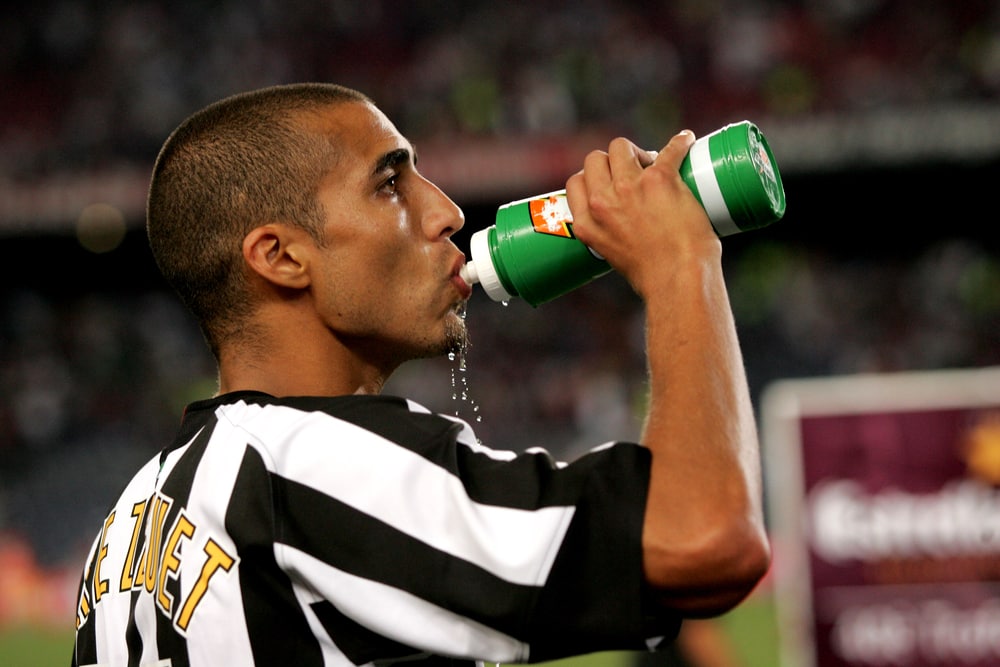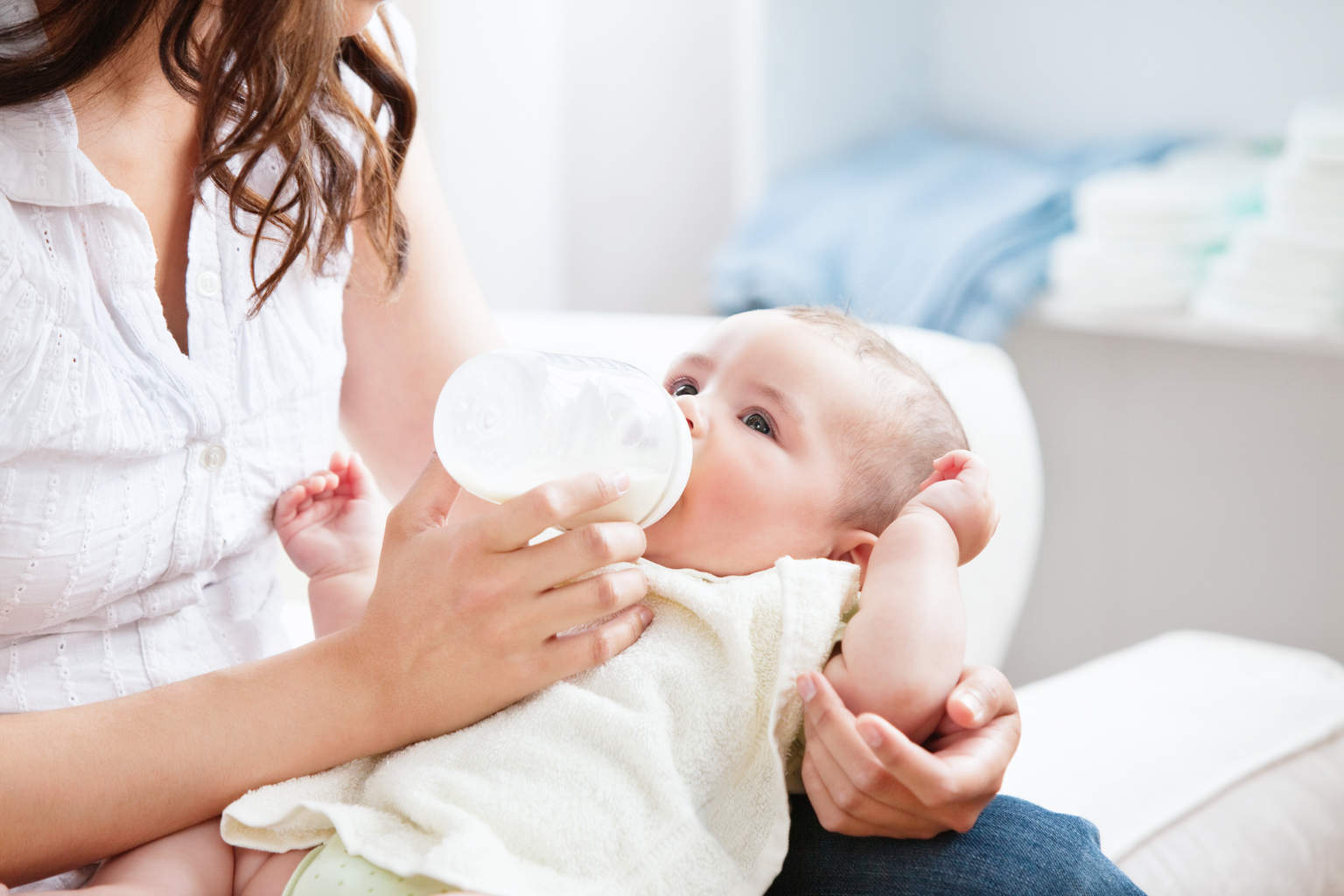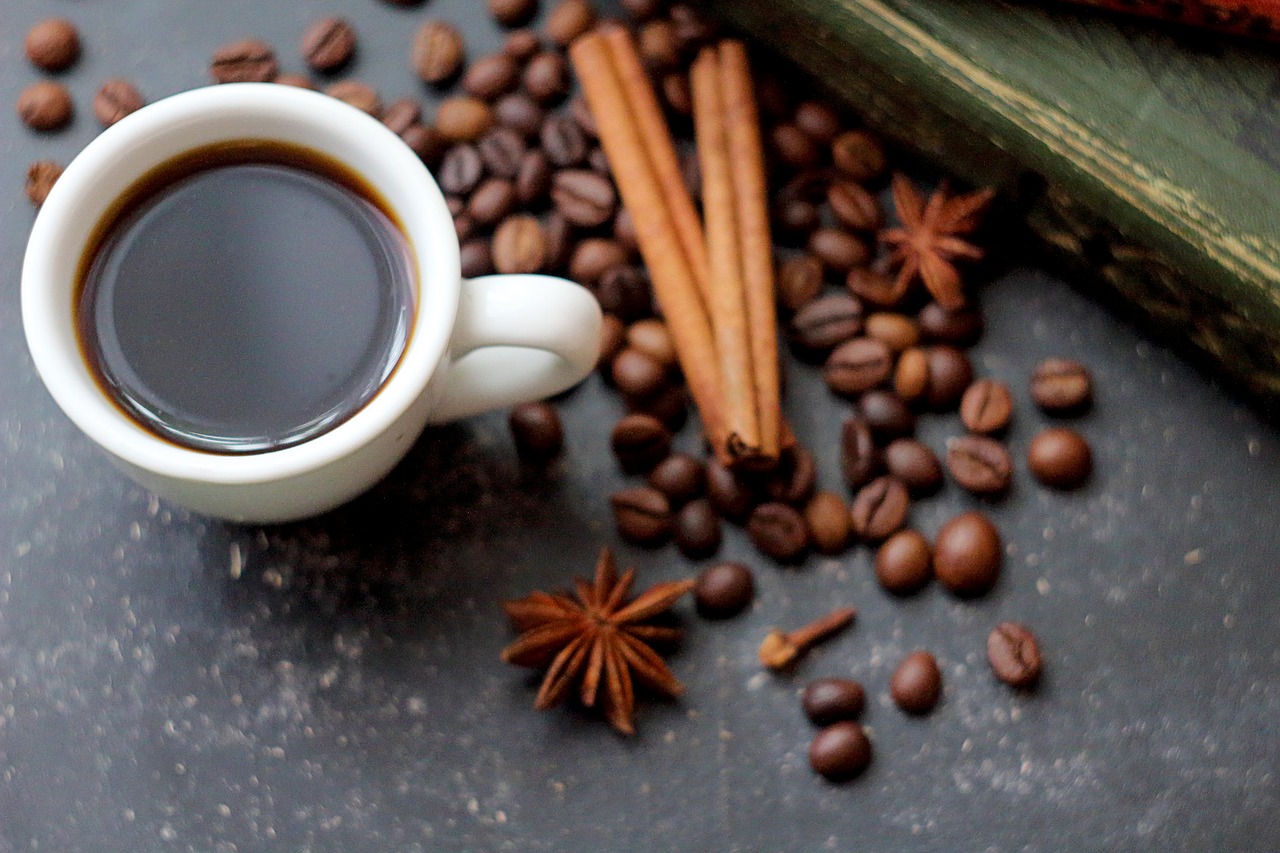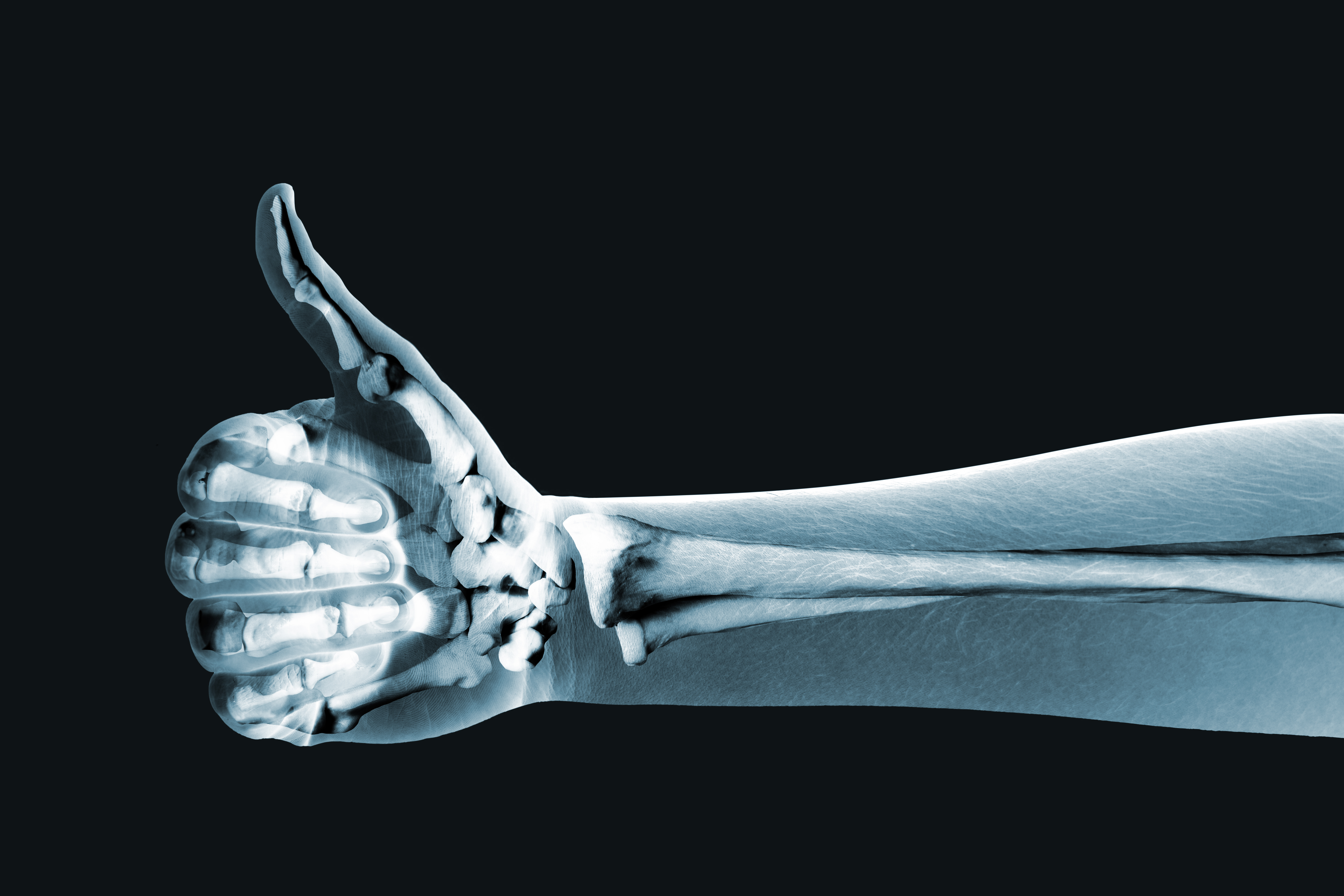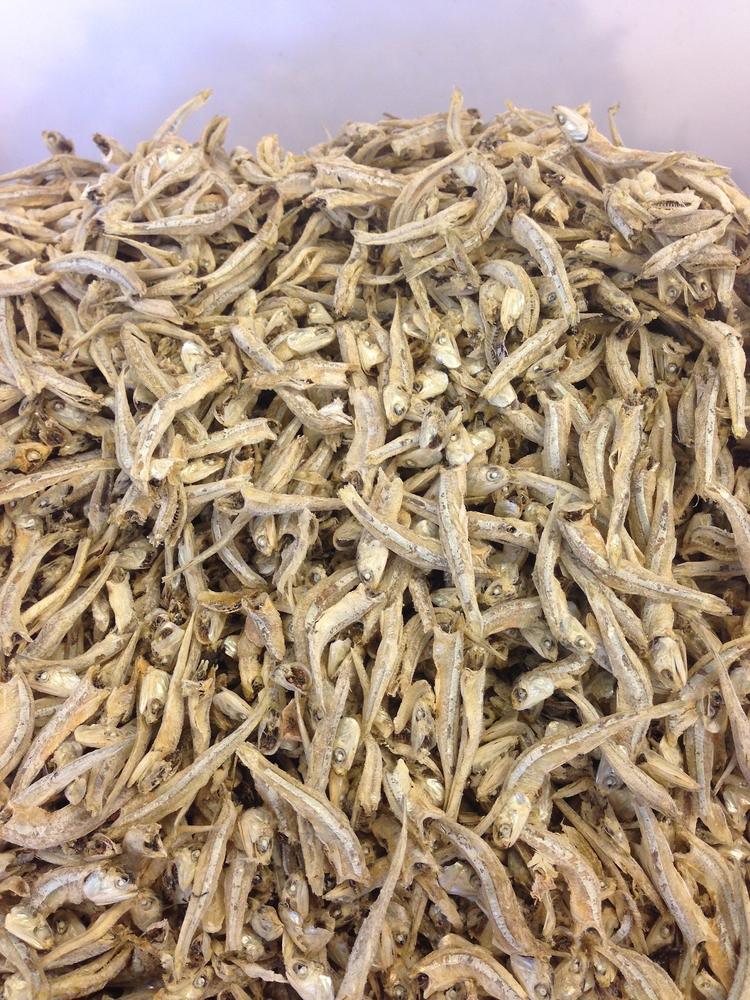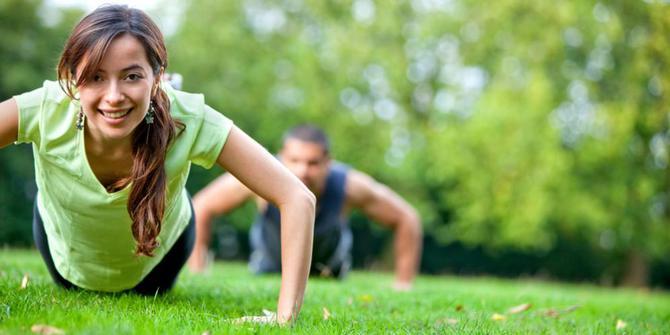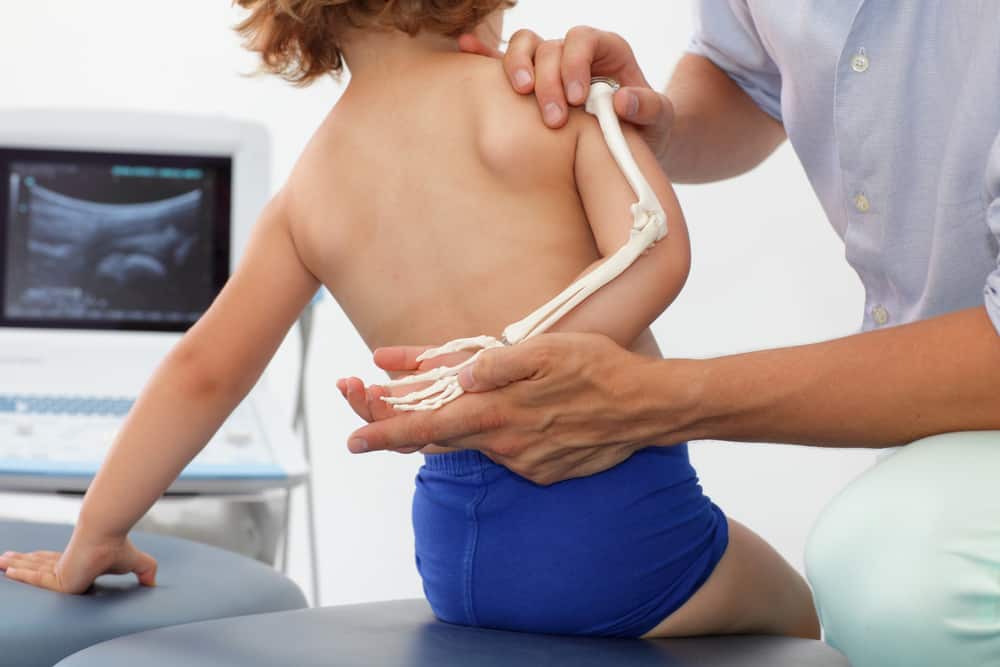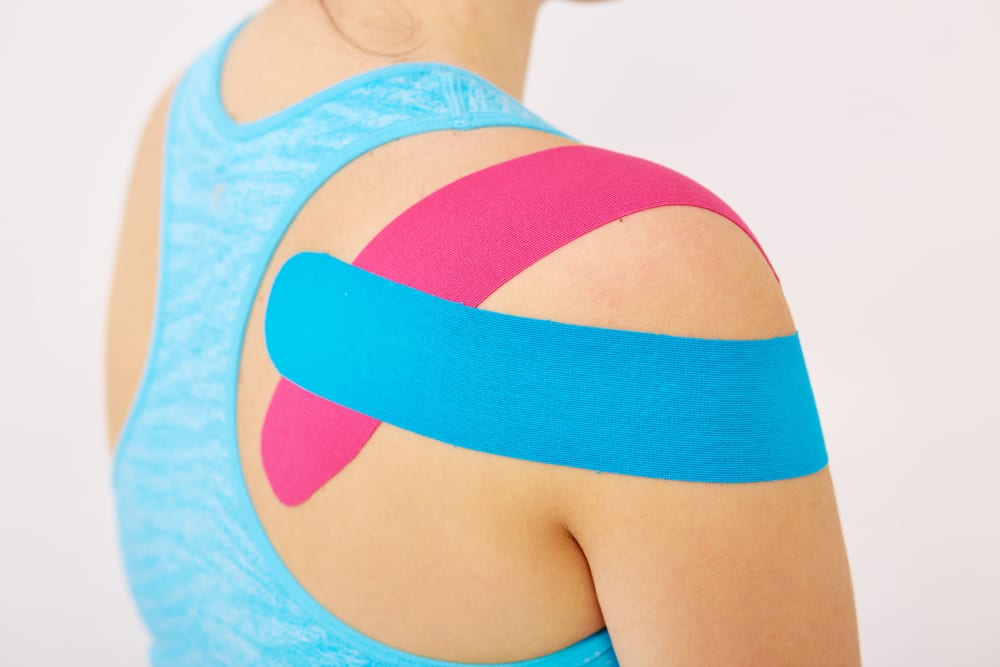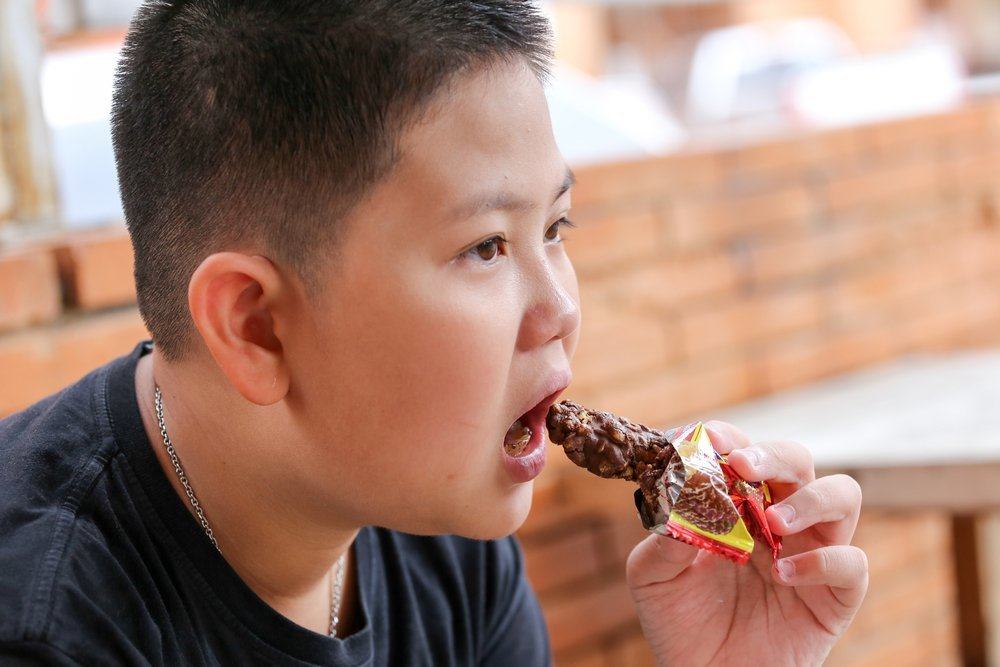Contents:
- Medical Video: How To Play Soccer Better (In Your Next Match)
- How much do you need to drink during a match?
- When is the right time to drink?
- Before a match or practice
- During the match
- During practice
- After the match or practice
Medical Video: How To Play Soccer Better (In Your Next Match)
Dehydration is one of the things to avoid in exercise. Mild dehydration can affect thinking function and physical performance. This is of course not profitable for those of you who compete to become champions. For this reason it is important to keep your fluid needs met or in other words, maintain a hydration status to stay balanced.
How much do you need to drink during a match?
Training sessions are a good time for players to estimate how much sweat is coming out and how much fluid they need. Everyone has different fluid needs.
Here are techniques that you can use to calculate your fluid needs.
- Measure your weight at 1 hour before and after a workout whose intensity is similar to the actual match
- Measure weight using as little clothing and barefoot as possible. Sweat that collects on your clothes can increase your weight when weighing.
- Measure the amount of fluid taken during exercise.
- Sweat issued (liters) = weight before exercise (kg) - weight after exercise (kg) + amount of liquid taken during exercise (liters)
The amount of sweat that is issued as a benchmark for you will be how much fluid you need during a match. Drink as much fluid as that amount during the match. You should not drink more than this because excessive fluid will add to your weight. This will make you uncomfortable when moving when competing.
When is the right time to drink?
Before a match or practice
Many players come to matches or training sessions with dehydration. The most common reason is because the player didn't have breakfast before. Players who are dehydrated will certainly tend to try to drink more often than those who don't. This will shift their focus from the match or training session.
In hot weather, players are advised to drink as much as 500 ml (about 2 cups) for 60-90 minutes before the match. During this time, players have the opportunity to urinate in order to get rid of excess liquid before competing.
During the match
Often we hear suggestions for drinking when feeling thirsty. But this is not useful because the opportunity to drink during the game is limited. Some opportunities to drink during the match are when warm up, a few minutes before the opening kick (kick-off), and at the moment half-time. Players also should take the time to drink on the side of the field when the game is paused, for example when there are other players injured.
In addition, additional breaks for drinking are needed in hot weather. In this condition, the risk of dehydration is higher. For example during the final of the 2008 Olympic football match in Beijing when the weather was very hot and humid. At that time, the referee stopped the game for 2 minutes in the middle of each round so the players could drink.
During practice
During training, the coach or manager should arrange the exercises to ensure there is time for drinking between exercises based on the weather and the intensity of the exercise. In hot weather, exercise should be done at the beginning or at the end of the day to avoid excessive heat.
After the match or practice
Players need to replace lost fluids after exercising. The target is to drink 1.2 - 1.5 liters per kilogram of body weight lost after exercise. If you lose 1 kg after the match, you need to drink at least 1.2 liters (one large bottle of mineral water).
The lost body fluids are not only water, but also salt or electrolytes. For that we recommend that the drink you drink also contain sodium. But if you want to eat, food usually contains sodium so you just drink water.

